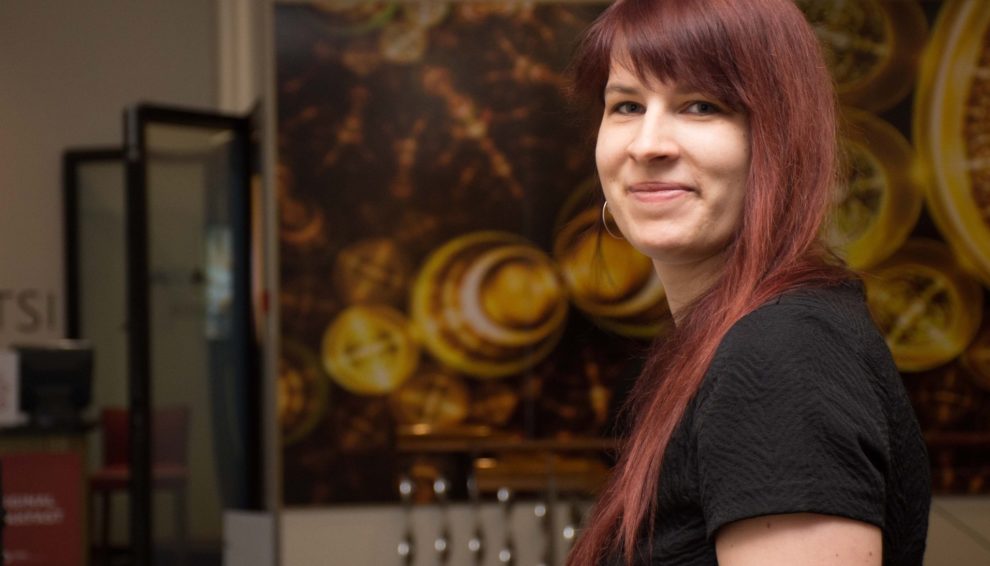
30.10.2018

Kristi Saare, the founder of Naisinvestorite Klubi (Female Investors’ Club), comes from Rakvere. Her club, which she founded four years ago, now boasts over 10 000 members and over 1 500 women from across Estonia have participated in the club’s training sessions.
Kristi shares the story of the creation of this club: “I studied in Tartu and moved to Tallinn to become a teacher in the Noored Kooli programme. I taught economy classes and I saw that students did not have even the slightest idea about the basic principles of economy. Another influencing factor was a personal one – when I became a teacher in 2011, the gross salary was 600€. Even in that time, it was not possible to actually live on this money, so I had to figure out additional ways of earning a living.”
Kristi took a closer look at the topic of investments and found two major issues: “First off, you read newspapers and see headlines about transactions in millions of euros. But what do you do if you want to invest sums in the two figure range? There was no information on that. When I went to training sessions, it turned out that I was always the only woman present. I asked other women and found that women don’t dare to invest because it sounds like something reserved for middle-aged men wearing suits.”
After these conversations, the social media group “Naisinvestorite klubi” was created and they immediately agreed to meet up two weeks later.
The club’s activities are mainly aimed at new investors. “A third of interested women have not done anything and a third of them are trying to start investing. The remaining third are already actively investing. We mostly focus on the first two groups – we encourage the first ones and support the second ones, so they could transition to the third group,” explains Kristi.
Four years of work have clearly borne fruit on the individual level and the general level, too. You can see more women participating in other investment groups and events. “We know that women who are interested in this topic are exactly as capable as men. It shouldn’t be seen as anything extraordinary and strange,” concludes Kristi.
Webpage: Naisinvestorite Klubi
Photo: Naisinvestorite Klubi
Gender equality is not only a fundamental human right, but a necessary foundation for a peaceful, prosperous and sustainable world. Unfortunately, at the current time, 1 in 5 women and girls between the ages of 15-49 have reported experiencing physical or sexual violence by an intimate partner within a 12-month period and 49 countries currently have no laws protecting women from domestic violence. Progress is occurring regarding harmful practices such as child marriage and FGM (Female Genital Mutilation), which has declined by 30% in the past decade, but there is still much work to be done to complete eliminate such practices.
Providing women and girls with equal access to education, health care, decent work, and representation in political and economic decision-making processes will fuel sustainable economies and benefit societies and humanity at large. Implementing new legal frameworks regarding female equality in the workplace and the eradication of harmful practices targeted at women is crucial to ending the gender-based discrimination prevalent in many countries around the world.
The Sustainable Development Goals are the blueprint to achieve a better and more sustainable future for all.
Read more about SDG 5 – Gender Equality
This publication has been produced with the financial support from the Nordic Council of Ministers. The content of this publication is the sole responsibility of the coordinators of this project and do not necessarily reflect the views or policies of the Nordic Council of Ministers.
Kommentaarid